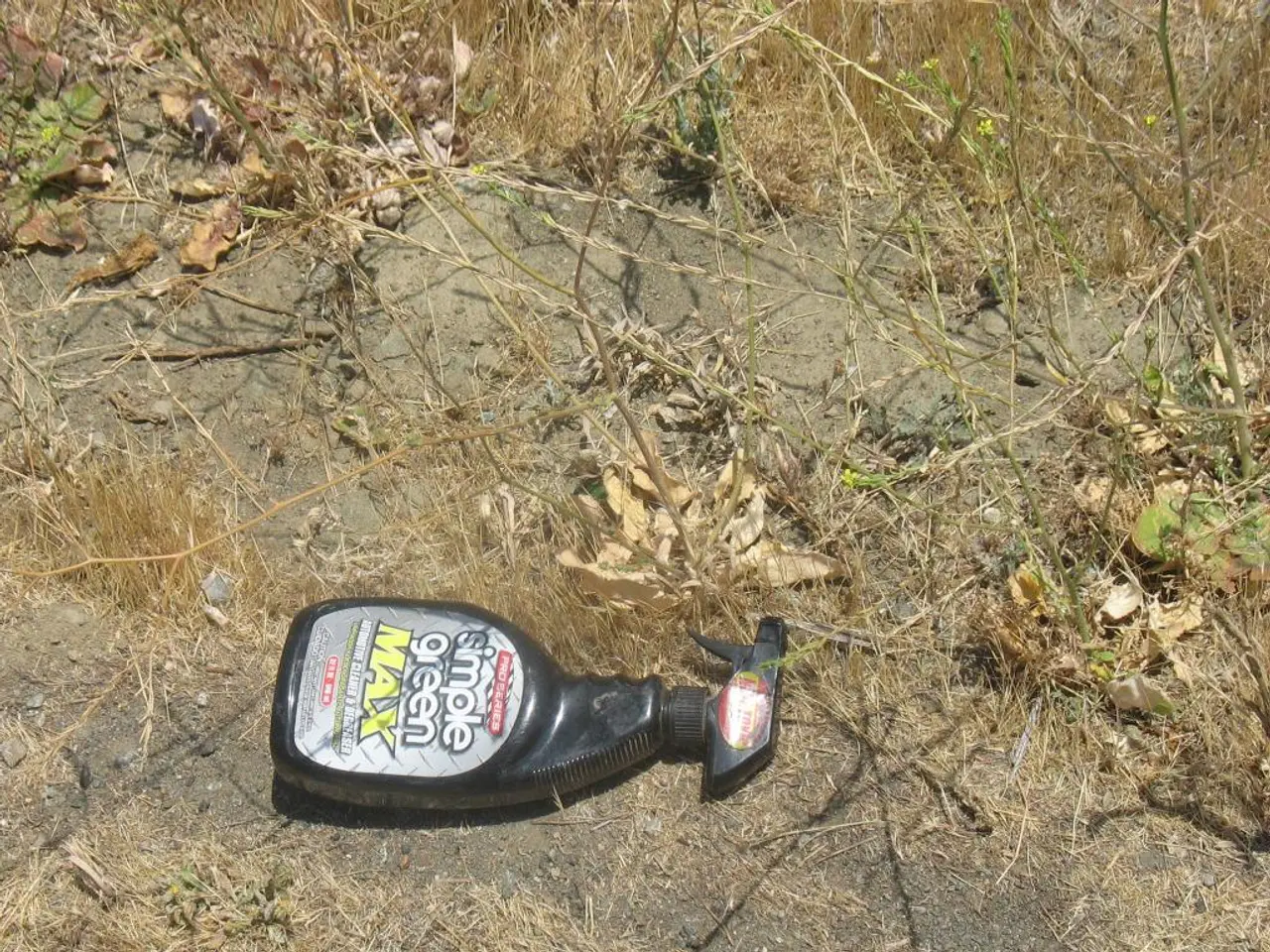British bioethanol sector teetering on the brink as government officials rule out financial aid
The bioethanol industry in Britain is teetering on the brink of collapse, primarily due to the removal of tariffs on U.S. ethanol imports following a 2024 trade deal between the UK and the U.S. This deal has allowed cheaper U.S. corn-based ethanol to flood the British market, undermining the competitiveness of domestic bioethanol producers like Vivergo and Ensus.
The Key Culprits
The trade deal eliminated a 19% levy on imports of 1.4 billion litres of ethanol from the U.S., making it difficult for British producers to compete. The government's decision not to provide a taxpayer-funded bailout has further exacerbated the situation, as key producers like Vivergo and Ensus face shutdowns, with Vivergo ceasing production by August 31.
The Fallout for Jobs and the Economy
The industry directly employs significant numbers of people at the plants, with Vivergo alone employing over 160 workers. Thousands more jobs in agriculture and logistics are also at risk. The collapse threatens the UK's green energy transition and circular economy goals, as bioethanol is used not only in petrol but also as a feedstock for sustainable aviation fuel (SAF), which is crucial for reducing emissions.
Beyond ethanol production, the plants are key suppliers of animal feed and CO2, essential for the food and industrial sectors. The closures could lead to nationwide shortages of these products. The lack of support from the government has been criticized for prioritizing short-term trade goals over long-term energy security and industrial resilience.
The Road Ahead
German-owned Ensus plant in North Yorkshire, which also makes a third of the UK's commercial carbon dioxide, will continue to hold talks with ministers. The future of the sector remains uncertain, as the industry grapples with the impact of the U.S.-UK trade deal and the lack of government support.
[1] BBC News. (2021, August 31). Vivergo Fuels to close bioethanol plant in Hull. Retrieved from https://www.bbc.co.uk/news/business-58486855
[2] The Guardian. (2021, September 1). Bioethanol industry faces collapse as Vivergo Fuels to close. Retrieved from https://www.theguardian.com/business/2021/sep/01/bioethanol-industry-faces-collapse-as-vivergo-fuels-to-close
[3] The Telegraph. (2021, August 30). Bioethanol industry faces collapse as Vivergo Fuels to close. Retrieved from https://www.telegraph.co.uk/business/2021/08/30/bioethanol-industry-faces-collapse-vivergo-fuels-close/
[4] The Independent. (2021, August 31). Thousands of jobs at risk as bioethanol industry faces collapse. Retrieved from https://www.independent.co.uk/news/business/news/bioethanol-jobs-vivergo-fuels-hull-b1902381.html
[5] The Conversation. (2021, August 31). The UK's bioethanol industry is in crisis. Here's what it means for the environment and the economy. Retrieved from https://theconversation.com/the-uks-bioethanol-industry-is-in-crisis-heres-whats-it-means-for-the-environment-and-the-economy-167073
[1] The government's decision not to provide a bailout for bioethanol producers like Vivergo and Ensus, despite the impending collapse of the industry, highlights a lack of investment in the finance sector for the sustainability of British industries. [2] The business community and financial institutions should consider investing in the bioethanol industry to ensure its survival, maintain job opportunities, and support the country's green energy transition and circular economy goals.




